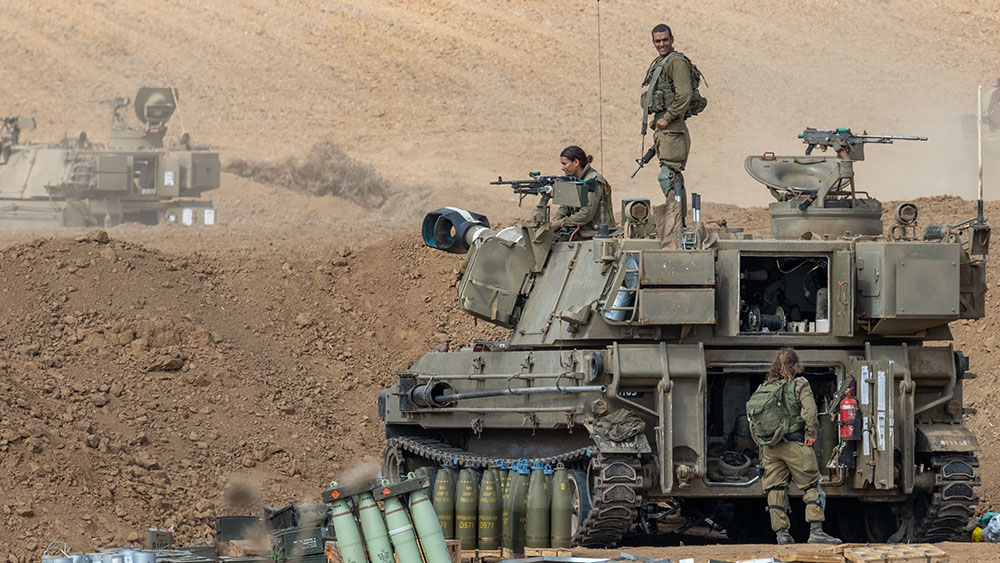October was Israel’s deadliest month this year, with more than 62 soldiers killed
October was the deadliest month for Israeli soldiers so far this year as fighting continues in Gaza and southern Lebanon.
Official figures show that at least 62 soldiers were killed throughout the month, making it its deadliest since the height of fighting in Gaza last December, when 110 soldiers were killed.
It is also a considerable increase over recent months, with only 9 deaths in September and a total of 63 across June, July and August.
The Israeli Ministry of Foreign Affairs website reports that there have been 780 military casualties since October 7, 2023, including hundreds who died during the Hamas attacks on October 7, while at least 365 died in combat in Gaza, Lebanon and the occupied West Bank. Other soldiers died in road accidents, rocket attacks and other attacks inside of Israel, although some soldiers who are listed without details about how they were killed.
Data also suggests that the number of wounded soldiers who need medical treatment is on the rise. Israeli military rehabilitation department figures indicate that they have received 910 soldiers who were wounded in Lebanon this month, while the total number of soldiers who have received treatment since fighting began on October 7 last year was raised to around 12,000.
When it comes to the nature of the injuries, around 14% were labeled as having serious or moderate injuries, which amounts to around 1,680 soldiers. Psychological issues also appear to be a significant problem, with 5,200 soldiers, or 43%, requiring treatment for psychological problems such as post-traumatic stress disorder.
However, it is important to keep in mind that the media is forced to comply with strict military censorship, and information about casualties is controlled tightly by the government. This means that it is possible that the official figures could be under-reporting the actual scale of deaths.
On Tuesday alone, at least four Israeli soldiers were killed and an officer was seriously wounded in fighting in northern Gaza; all four soldiers were aged between 20 and 22 and were part of an elite unit.
Trauma and suicide on the rise
The psychological toll the war is taking on Israeli soldiers is staggering, with many struggling to process their trauma and numerous suicides. The mother of a 40-year-soldier and father of four who suffered from PTSD and took his own life before he was due to redeploy said: “He got out of Gaza, but Gaza did not get out of him. And he died after it, because of the post-trauma.”
The IDF has admitted it is caring for thousands of soldiers dealing with PTSD and other trauma-related mental illnesses but has not supplied an official figure on the number of suicides.
Many soldiers and reservists have told the media anonymously that they don’t trust the government and are scared of being drafted. A statement from the Israeli Defense Ministry’s rehabilitation division in August said that more than 1,000 new wounded soldiers are withdrawn from fighting each month to receive treatment, 35% of which have mental health problems as a result of fighting. They said they are expecting 14,000 wounded soldiers to be admitted for treatment by the end of this year and project that 40% will have mental health issues.
Rising soldier deaths could influence Israeli ceasefire decision
Israel’s popular Haaretz newspaper recently published a report about the rising death toll among soldiers and theorized that it could “gradually change the public’s view of the need to continue the war.” With more and more soldiers dying and leaving behind grieving widows and orphans, some wonder if it will influence governmental decisions about continuing the war.
Israeli journalist Meron Rapoport told the Middle East ye: “If the army now says the war must end it is because of the dead. They say it’s to preserve the ‘achievements’ in Lebanon but in my opinion it’s because of the fear of an increase in the number of casualties and an erosion of public support.”
Sources for this article include:
MiddleEastEye.net
CNN.com
Read full article here


